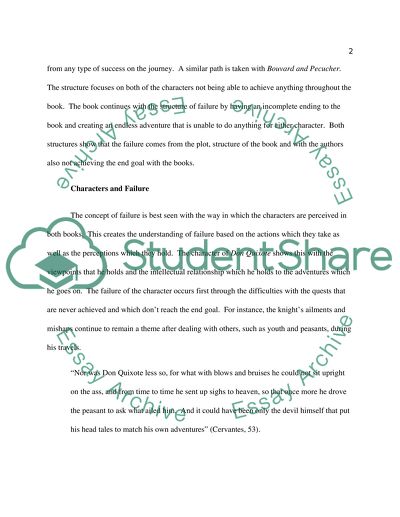Cite this document
(“Comparison Paper between Don Quixote from Cervantes and Bouvard and Essay”, n.d.)
Retrieved from https://studentshare.org/english/1439134-comparison-paper-between-don-quixote-from
Retrieved from https://studentshare.org/english/1439134-comparison-paper-between-don-quixote-from
(Comparison Paper Between Don Quixote from Cervantes and Bouvard and Essay)
https://studentshare.org/english/1439134-comparison-paper-between-don-quixote-from.
https://studentshare.org/english/1439134-comparison-paper-between-don-quixote-from.
“Comparison Paper Between Don Quixote from Cervantes and Bouvard and Essay”, n.d. https://studentshare.org/english/1439134-comparison-paper-between-don-quixote-from.


